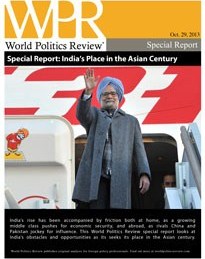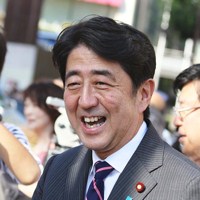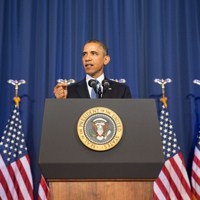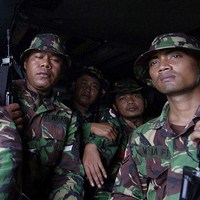
India’s rise has been accompanied by friction both at home, as a growing middle class pushes for economic security, and abroad, as rivals China and Pakistan jockey for influence. This World Politics Review special report looks at India’s obstacles and opportunities as its seeks its place in the Asian century. Governance A Targeted Approach: India’s Expanding Social Safety NetBy Devesh Kapur and Prakirti NangiaSeptember 24, 2013 In India, Corruption Moves to Top of the AgendaBy Frida GhitisMay 2, 2013 Corruption in India: An IT ApproachBy Prashant AgrawalJanuary 10, 2012 India’s Power Grid Needs More Than Just Increased CapacityBy Catherine CheneyAugust […]
















